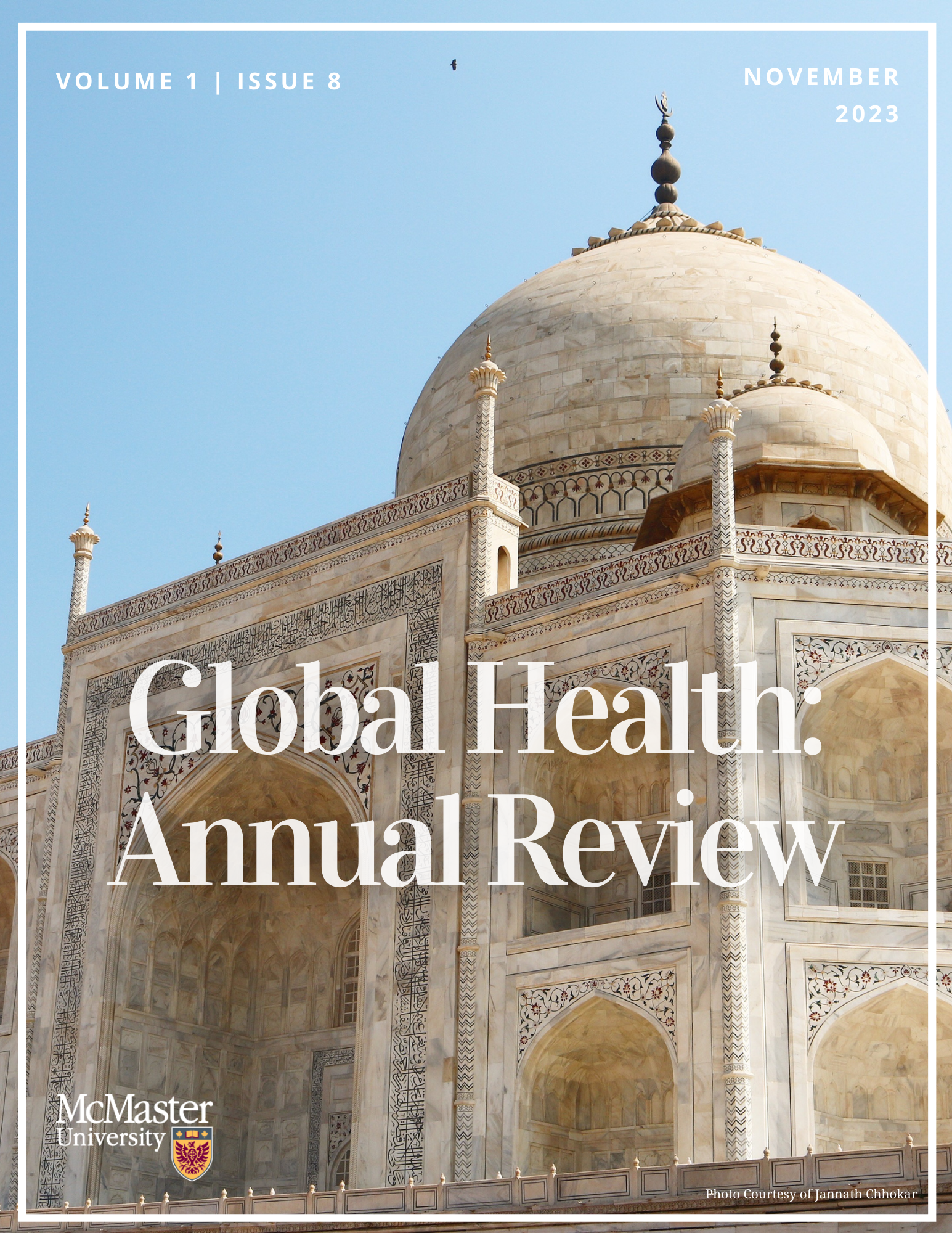An Analysis of Neglected Tropical Disease Research after a Decade of World Health Organization Action
Abstract
For decades, Neglected Tropical Diseases (NTDs) have persisted among the poorest global populations, creating a significant burden on already fragile healthcare systems. The World Health Organization (WHO) recognizes the complex impact that these diseases have on the well-being of individuals in many low-income countries and thus renewed its efforts in 2007 to garner global support for eliminating NTDs. However, an important question is how this action has shaped NTD research. This scoping review aims to describe how NTD research has changed between 2010 and 2020 to understand if there has been a change in how we study these diseases. It examines articles from the OVID global health database published in 2010, 2015 and 2020 to identify trends in the focus (etiological, intervention, or policy) and geographic location (low-, middle-, or high-income countries) of NTD research. The results identify two key gaps in NTD research: an underrepresentation of first authors affiliated with low- and middle-income countries, and a relative lack of policy-focused research. Thus, we recommend that global health actors continue to improve NTD elimination efforts by increasing policy-focused research and encouraging low-income country authorship.


